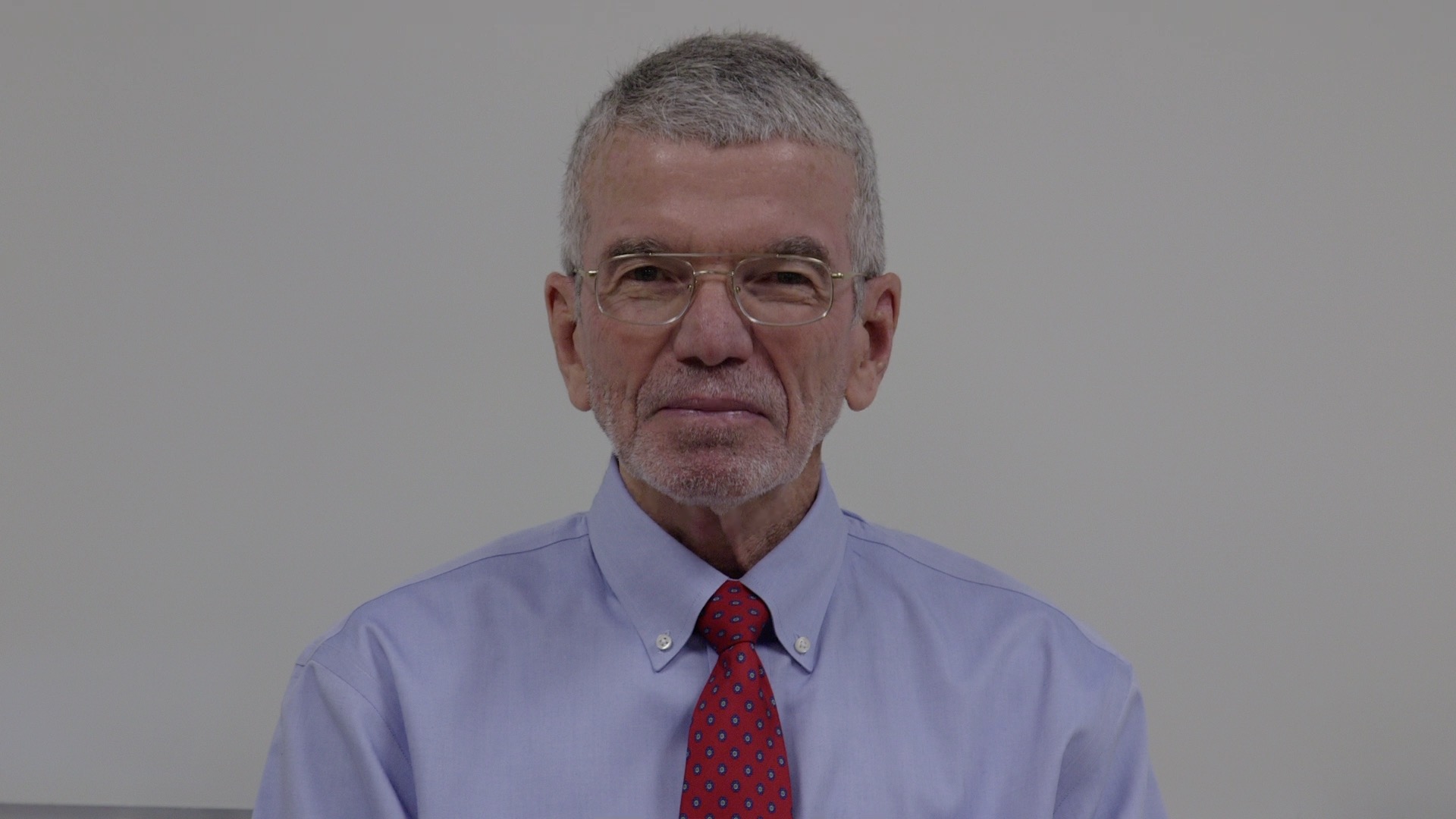Here’s the simple formula to help manage your stress.
D > CS = SR
When your demands exceed your coping skills, you experience some sort of a stress reaction.
Demands
Demands include anything you need to do from simple tasks like paying bills, grocery shopping, cutting the grass, preparing for an upcoming meeting, responding to emails, to answering more profound questions such as what’s my purpose in life; what are my core beliefs and values; how will COVID 19 impact my job, business, and life going forward?
Each day your demands vary in number and importance.
In recent years, a significant work demand has been the pressure to get more done, faster and with fewer resources. Technology has created an environment where people are accessible 24/7. COVID 19 has created a whole new set of demands including Zoom meetings, home schooling, and multiple people trying to work in the same space.
Some people have the added demand of taking care of elderly parents and close relatives.
We all face a future of uncertainty with our jobs, day care, school, sports etc.
Bottom line—it adds up to a very demanding environment.
Coping Skills
Coping skills refers to the various actions you use to deal with what’s on your to-do list.
Your coping skills can be organized into three categories.
- Self-Management Skills. Your skills at communicating, setting goals, prioritizing tasks, making decisions, resolving conflicts, and managing time.
- Exercise. Your actions to keep your body in shape—walks, running, bike rides, swimming, lifting weights, etc.
- Relaxation. Your practices to unwind and step away from your daily demands. This includes yoga classes, meditation, watching Netflix, listening to music, watching sporting events, etc.
Unfortunately, COVID 19 has eliminated many of our coping skills such as watching sporting events, working out at the gym, and going for a massage.
Some people cope by engaging in non-productive behaviors such as excessive drinking, smoking, taking drugs, and over-eating. These types of coping mechanisms aren’t effective and create bigger problems.
Stress Reactions
We all have a breaking point. It happens when your demands exceed your coping skills.
Stress reactions impact your productivity, disrupts relationships, and negatively impair your health.
Excessive stress can lead to all of the following:
- Behavioral reactions like yelling, screaming, and even fighting.
- Physical reactions such as headaches, ulcers, stomach distress, muscle tension, problems with sexual performance, and sleeping.
- Psychological reactions including anxiety, anger, mood swings, and difficulty concentrating.
These stress reactions affect your ability to concentrate, process information, build positive relationships, make effective decisions, and get things done on time.
Suggestions for Managing Your Stress
Reduce Demands
- Write down all of you typical, day-to-day demands and then decide what can you stop doing, do less of, delegate, or simplify.
- Parents with children—call a family meeting and establish a revised set of tasks and chores for each family member.
- Work and family—I like the advice Consultant Wally Bock gave in a recent blog post—”Don’t plan too much or too far out and let everyone know the big picture.”
Increase Coping Skills
- Self-management—watch one, short YouTube video each day to strengthen one of your self-management skills.
- Exercise—establish some new routines. My wife and I go for a two-mile walk each morning. Create a mini home-gym.
- Relaxation—set aside 30 minutes a day for yourself. Use a technique such as deep breathing, yoga, meditation, etc. to relax and get centered.
In time of uncertainty and chaos, people often stop using their coping skills and fixate on their demands. That’s not good. In crazy times like today, you need to religiously practice your coping skills. Be open and flexible. Experiment with new approaches until you find a routine that works best for you.
Summary
The formula—D > CS = SR—is a useful reminder that you need to focus on two things—reducing demands and improve your coping skills.
__________________________________________________
Paul B. Thornton is an author, speaker, and adjunct professor at Springfield College. Three of his core practices are add-value, continuous improvement, and simplify the complex. His two most recent books are Precise Leaders Get Results and Leadership-Finding Your Sweet Spot (Authors Place Press). He has produced 28 short YouTube videos on various leadership topics including managing stress. He can be contacted at [email protected].


